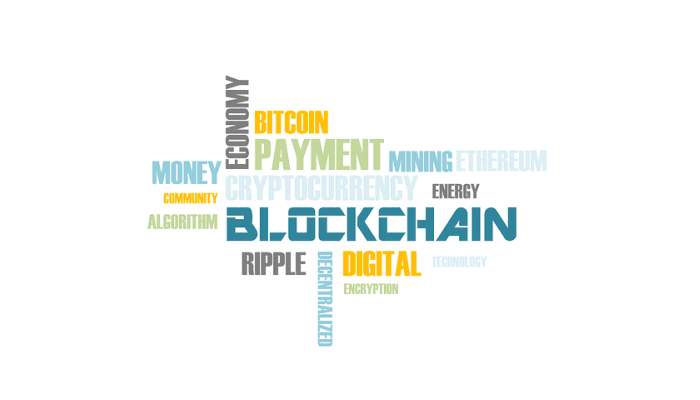2020 has been a mixed year. As the coronavirus pandemic halt processes, forcing change, the financial world is in the middle of a revolution. Anchored on the blockchain and smart contracting such as Ethereum, Tron, IOST, and others, decentralized finance, or better, DeFi, is gaining traction.
Changing Landscape of the Financial World
DeFi is an alternative way of participating in the financial world. Instead of relying on middlemen and intermediaries, DeFi is pinned on the autonomy of blockchains.
These blockchains are decentralized and secure where processes are controlled by smart contracts. From smart contracts, there is autonomous, immutable, and irreversible execution based on specific financial instructions.
According to BTC PEERS, DeFi—despite the recent contraction, will continue to draw attention from market participants, especially investors keen on committing their assets and profiting from trading fees or capital gains from governance tokens offered by different protocols as incentive. A share of trading fees and governance tokens are used as an encouragement for liquidity provision since protocols are heavily reliant on the community.
DeFi Expansion
At the time of writing, DeFi dApps had under their management over $10 billion worth of digital assets. The figure is a drastic improvement from February when the Total Locked Value (TLV) rose to $1 billion before dropping back to $500 million.
Given its value proposition, DeFi is going to mature, shake off speculators, and allow the sub-sector to grow along its path.
Already, the chairman of the United States Commodity Futures Trading Commission (CFTC) Heath Tarbert has been impressed by DeFi dApps in Ethereum. In his assessment, he says, if Bitcoin is email, Ethereum goes beyond that. Adding that DeFi could be used as a tool for stabilizing the global economy during crises.
As a tool, DeFi dApps like ApexDAO eliminate the middleman. In the traditional way of executing financial contracts, a bank or a regulated financial institution, acts as an intermediary not only slowing down the process but laddering activity with unnecessary costs.
It is common for banks to charge a premium for their services while extending the same to select clients. Intermediation also introduces another challenge: Errors. These can be costly and are bred by the opaque mode of operations contributed by fragmentation and hierarchical architecture of centralized institutions.
The blockchain advocates for transparency. By relying on the community, its digital ledger can process transactions anytime of the day, transparently, and in a way that transactions can be audited on the go, instantaneously approved by market participants eliminating fraud and challenges plaguing traditional systems.
ApexDAO’s Approach
ApexDAO is founded on the Ethereum blockchain and out of it, creators plan to further decentralize the control of the protocol by allowing holders of its token to vote and manage the dApp. By diffusing control, active dApp users stand to be the main beneficiaries.
Revenue generated by the protocol will be distributed to the network users. The frequency of distribution and how it is done depend on how governance token holders deem fit.
The ApexDAO DeFi protocol has three unique layers for the community. It will be a SPAC (Special Purpose Acquisition Company), offer Crypto Fund and Corporate Loan, and a Yield Farming Pool. The Crypto Fund and the SPAC will be progressed with institutional custody service.
SPAC provides liquidity for lower-tier corporate loans for merger and acquisition through the protocol’s corporate deposit management.
Funds raised from selling of an acquired firm will be deposited into an interest-bearing account. There will be no yield to investors unless the acquisition is completed or the SPAC is returned to the investor in which case it is liquidated.
Meanwhile, yield farming will be operated by a governance voting system through a decentralized policy. Through continuous farming and a distributed autonomous compression system, ApexDAO creators hope to expand its ecosystem.
ApexDAO aims to eliminate personal error that is so rife in the traditional setup by leveraging blockchain benefits. ApexDAO will rely on audited smart contracts and management of the protocol is entrusted on the community.
As a multi-purpose protocol with various offerings, participants can earn profits from lending through the Apex Crypto Fund that pools funds from the community, and from yield farming activity.
In ApexDAO, the amount of rewards delivered by all pools is supplied in fixed amounts regardless of demand. Therefore, the price of a token received as reward is directly proportional to the deposit. On the other hand, the amount of rewards received by a Yield Farmer is inverse to the liquidity of that pool.
On governance, the ApexDAO governance token will be used as a tool to determine yields and more through popular vote. This means, the reward system of the ApexDAO and how the future trajectory of its liquidity pools will be reliant on the community voting; a process that will be transparent.



































